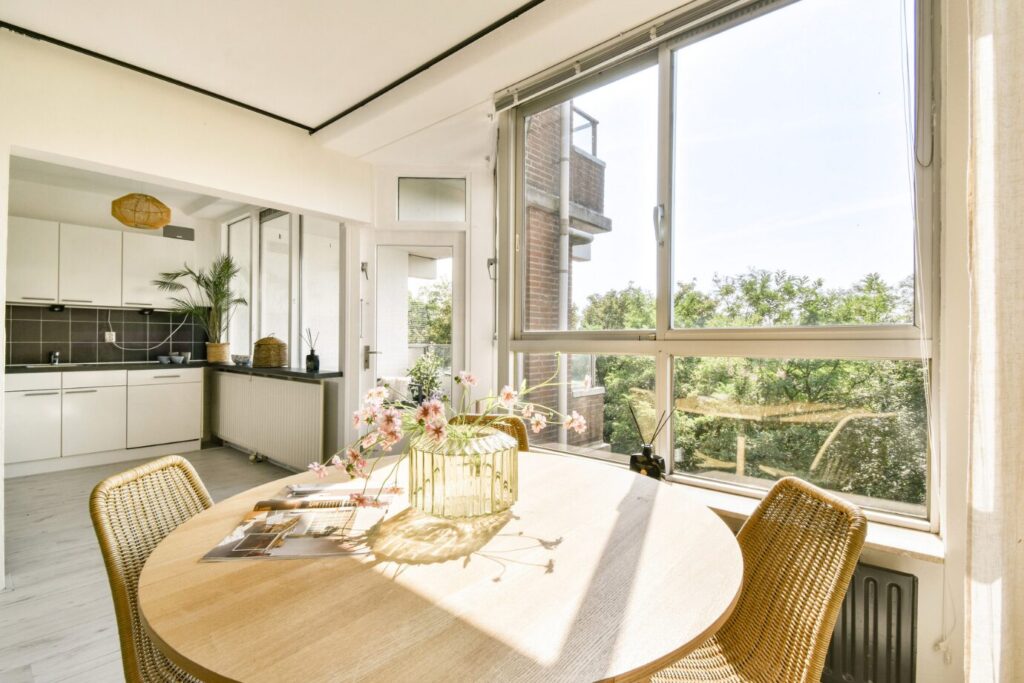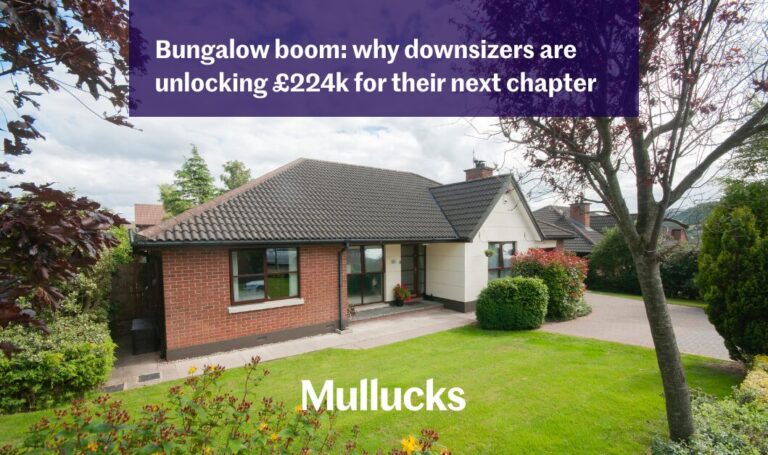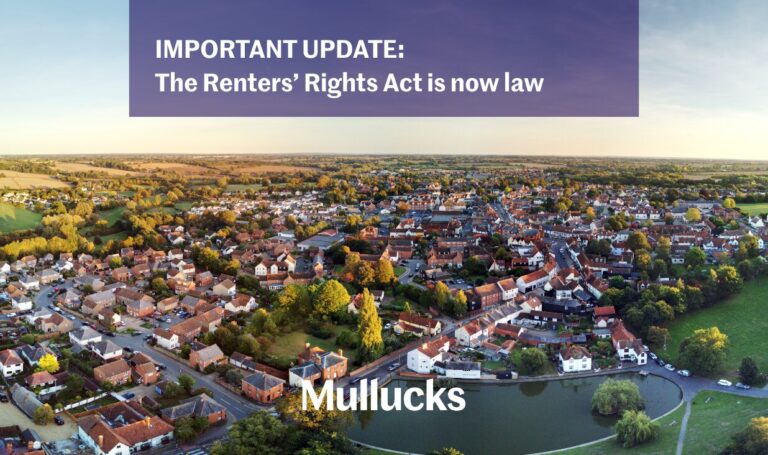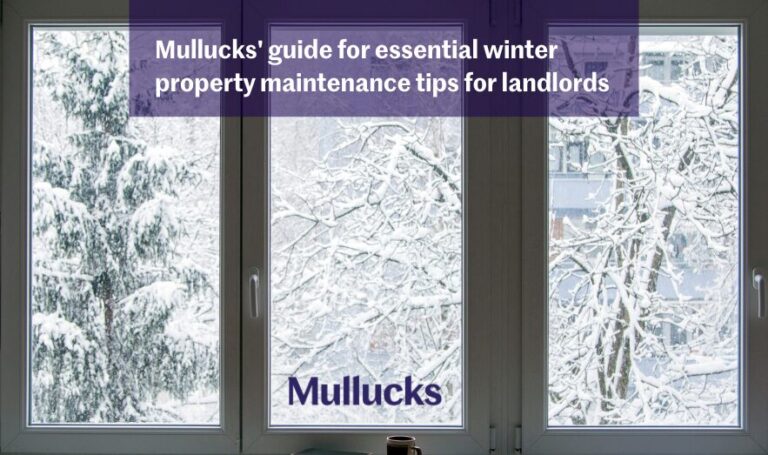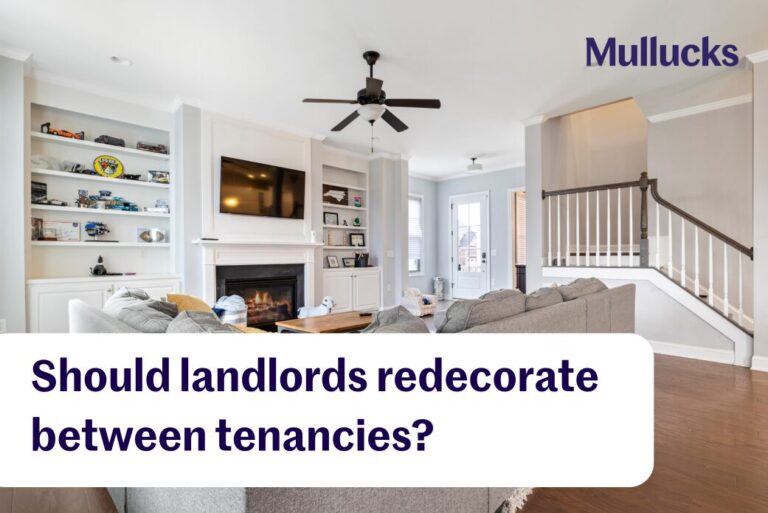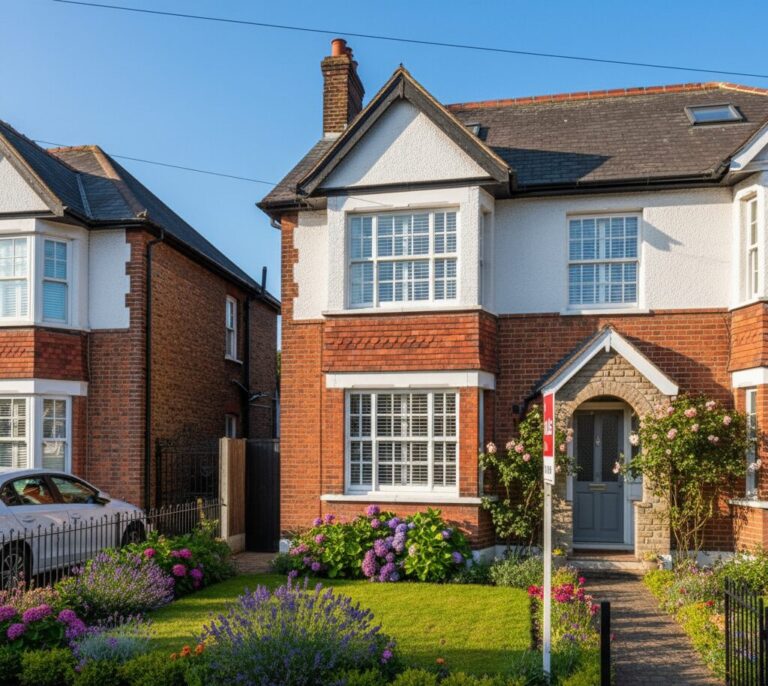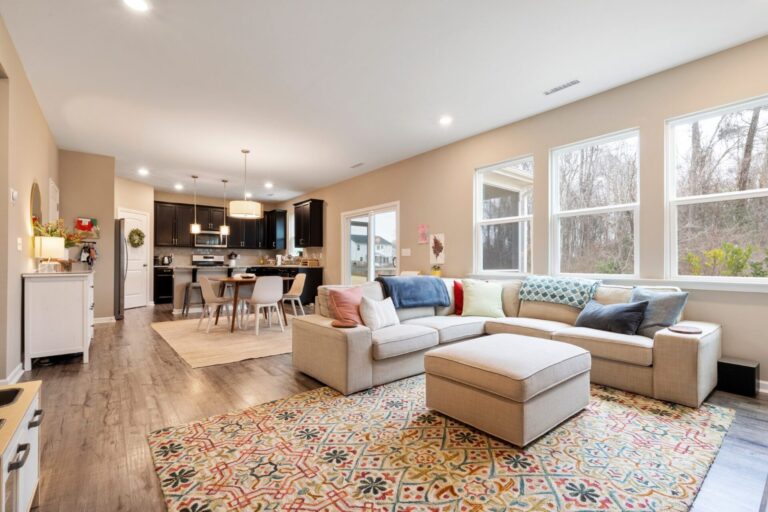The decision to sell or rent your home isn’t just about market conditions; it’s about your lifestyle, finances, and long-term plans.
Whether you’re upsizing, relocating for work, or entering retirement, deciding to sell or rent out your home is a major financial and emotional decision. While selling offers an immediate lump sum, renting provides a steady income stream, but both paths come with risks and rewards. Let’s break down what you need to consider before making your move.
Related: The Renters’ Rights Bill: What to know?
Selling your home: the clean break
Selling your home gives you immediate access to the equity you’ve built up. This can be reinvested into your next property, used to pay off debts, or boost your financial position. It also removes the need to manage tenants, cover maintenance costs, or pay council tax on a second home. If you’re ready to move on, selling provides a clean and hassle-free exit.
UK house prices are projected to rise by 3.5% in 2025, with potential acceleration to 5.5% by 2026, driven by falling interest rates and rising wages. Selling now could enable you to take advantage of these favourable conditions.
However, selling isn’t without its drawbacks. There are also transaction costs to consider, such as legal fees and estate agent commissions. If your property is worth less than the outstanding mortgage, commonly known as being in negative equity, you’ll need to cover the difference between what the property sells for and what you still owe on the mortgage.
Related: What documents do you need to sell a house? | Mullucks
Renting your home: income and investment
Renting out your property allows you to retain ownership while generating regular income. If your home is in a sought-after area and rental demand is high, letting it could be a smart long-term investment. It’s a useful option if you don’t need the capital right away or if you’re considering returning to the property in the future.
The rental income can help cover your mortgage or even provide surplus income, but it’s important to budget for letting agent fees, maintenance, insurance, and potential void periods. Typically, you should expect at least one month per year where the property is vacant.
There are ongoing responsibilities to consider. Managing repairs, responding to tenant issues, and complying with evolving legislation such as the Renters’ Rights Bill can be time-consuming. Letting agents can handle most of this on your behalf, at a cost. Mullucks provide a range of flexible lettings packages that are tailored to suit you and your property.
You’ll also need to declare your rental income and pay tax on any profit, without the benefit of mortgage interest relief.
Weighing your options
If you sell, you simplify your financial life and avoid future tax liabilities, including capital gains tax (if the property is no longer your main residence). Selling may also free up more funds to put towards your next home. However, once sold, you no longer benefit from any future appreciation.
If you rent, you keep the asset and potentially grow your wealth over time. But you’ll need to be financially and emotionally prepared to deal with the responsibilities of being a landlord. This includes covering repairs, managing tenant behaviour, and maintaining compliance. That said, if you work with a good letting agent, such as the team at Mullucks, you can rely on them to do this for you.
Ultimately, the right choice depends on your financial position, long-term goals, and local market trends. If you’re not sure, speak to your local estate agent to review your options in more detail.
What are the costs of selling or letting?
Mortgage arrangements: You’ll likely need consent to let or switch to a buy-to-let mortgage, which could incur early repayment and arrangement fees. Alternatively, a let-to-buy mortgage might allow you to let your current home and remortgage to buy a new one using the equity.
Affordability: Consider whether your current income and pension funds can cover costs without rental income, especially in retirement.
Tax impact: Rental income is taxable, and you can no longer deduct mortgage interest as an expense; only a 20% credit applies. Selling avoids capital gains tax if the property was your main home.
Government schemes: Staying in your current home may affect your eligibility for first-time buyer or shared ownership schemes.
Who should consider letting their property?
Letting may make sense if:
- You’re relocating temporarily and want to return
- You don’t need to sell to afford your next property
- Your property is highly rentable and in demand
- You’re confident prices will rise further
But you should also consider your risk tolerance. Tenants can cause damage, stop paying rent, or leave unexpectedly. Becoming a landlord involves round-the-clock responsibility unless outsourced, which incurs further costs. According to Rightmove, accidental landlords (often those who couldn’t sell) now make up around 30% of the market.
Emotional considerations
If your home holds sentimental value, renting might help retain the connection while still providing income. Emotional attachment can make tenant issues more stressful, while selling offers a clean break and peace of mind.
Thinking of letting vs selling? Do some groundwork
Start by researching local house price trends using platforms like Rightmove and Zoopla, and look into average rental prices for similar homes in your area. It’s important to understand local tenant demand, whether it’s primarily families, professionals, or students, as well as how frequently similar properties sit vacant. Be sure to factor in maintenance expectations and potential ongoing costs.
Additionally, consider your financial situation: how much will your new mortgage or rent be, what are the costs of moving, such as stamp duty, legal fees, and surveys, and whether you’re prepared, both financially and emotionally, to manage two properties at once.
Key questions to ask yourself:
- Can you cover mortgage payments if the property is vacant?
- Will your mortgage provider allow letting and at what cost?
- Are you confident in finding and keeping reliable tenants?
- Do you have time to manage a property, or will you use a letting agent?
- Have you factored in all costs: tax, agent fees, insurance, repairs?
- Are you emotionally ready to let go or take on the role of landlord?
Your next step: rent out or sell?
Both selling and letting your property out have their merits. Selling offers simplicity, liquidity, and immediate purchasing power, while renting provides long-term income and potential appreciation. If you can afford to hold onto your home and the numbers add up, renting could be a smart investment. But if you want certainty, less stress, and quicker access to funds, selling may be the best route.
Before you decide, we recommend speaking with a mortgage adviser, a tax specialist, and of course, a local property expert. At Mullucks, we’re here to help you understand your options and assess the market. Whether you’re thinking of selling or letting, if you’d like tailored advice on your property’s value, we’re always happy to arrange a no-obligation valuation to get you started.
Further reading:
How to make your home stand out in a competitive market
When can a house sale fall through — and what you can do to stop it
What documents do you need to sell a house?
